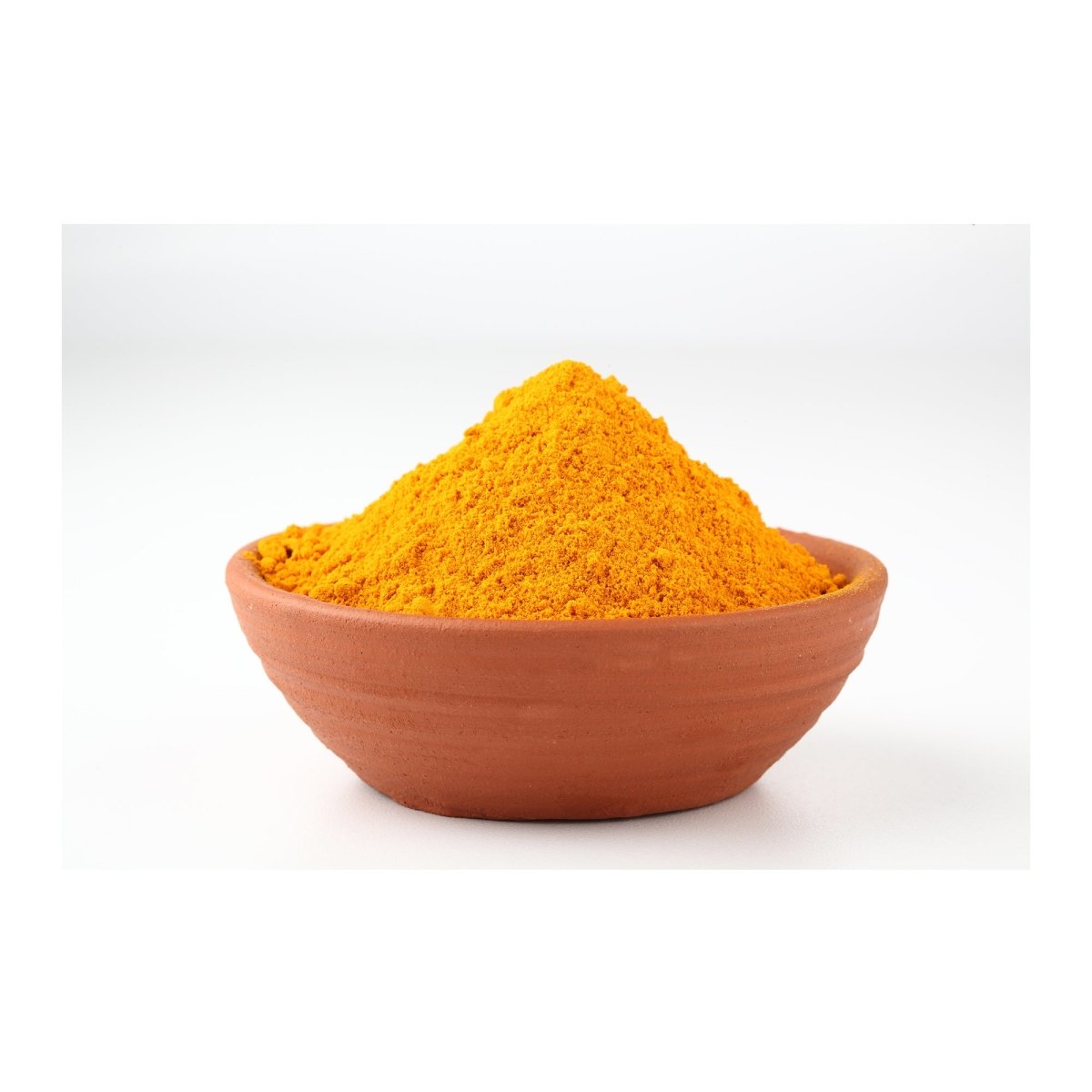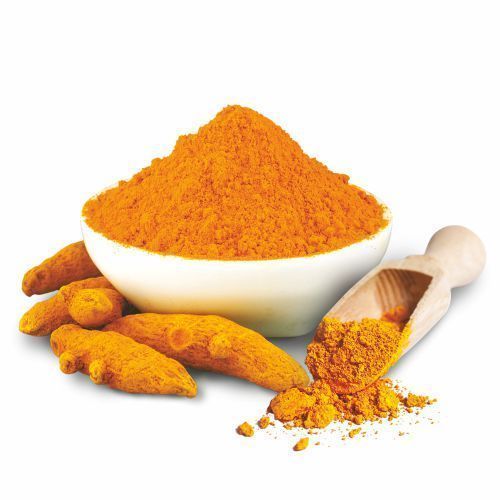Description
Turmeric is the spice that gives curry its yellow color.
It has been used in India for thousands of years as a spice and medicinal herb.
Recently, science has started to back up what Indians have known for a long time — it really does contain compounds with medicinal properties.
These compounds are called curcuminoids, the most important of which is curcumin.
Curcumin is the main active ingredient in turmeric. It has powerful anti-inflammatory effects and is a very strong antioxidant.
However, the curcumin content of turmeric is not that high. It’s around 3%, by weight.
Curcumin Is a Natural Anti-Inflammatory Compound
Inflammation is incredibly important.
It helps your body fight foreign invaders and also has a role in repairing damage.
Without inflammation, pathogens like bacteria could easily take over your body and kill you.
Although acute, short-term inflammation is beneficial, it can become a major problem when it becomes chronic and inappropriately attacks your body's own tissues.
Scientists now believe that chronic, low-level inflammation plays a major role in almost every chronic, Western disease. This includes heart disease, cancer, metabolic syndrome, Alzheimer's and various degenerative conditions.
Therefore, anything that can help fight chronic inflammation is of potential importance in preventing and even treating these diseases.
Curcumin is strongly anti-inflammatory. In fact, it’s so powerful that it matches the effectiveness of some anti-inflammatory drugs, without the side effects.
It blocks NF-kB, a molecule that travels into the nuclei of your cells and turns on genes related to inflammation. NF-kB is believed to play a major role in many chronic diseases.
Without getting into the details (inflammation is extremely complicated), the key takeaway is that curcumin is a bioactive substance that fights inflammation at the molecular level.
Payment & Security
Payment methods
Your payment information is processed securely. We do not store credit card details nor have access to your credit card information.
Security


